Vetpharmacy.co.uk Cookie Policy : We use cookies to enhance your user experience. To find out more please view our cookie policy
What to Feed Kittens at 6 Weeks Old
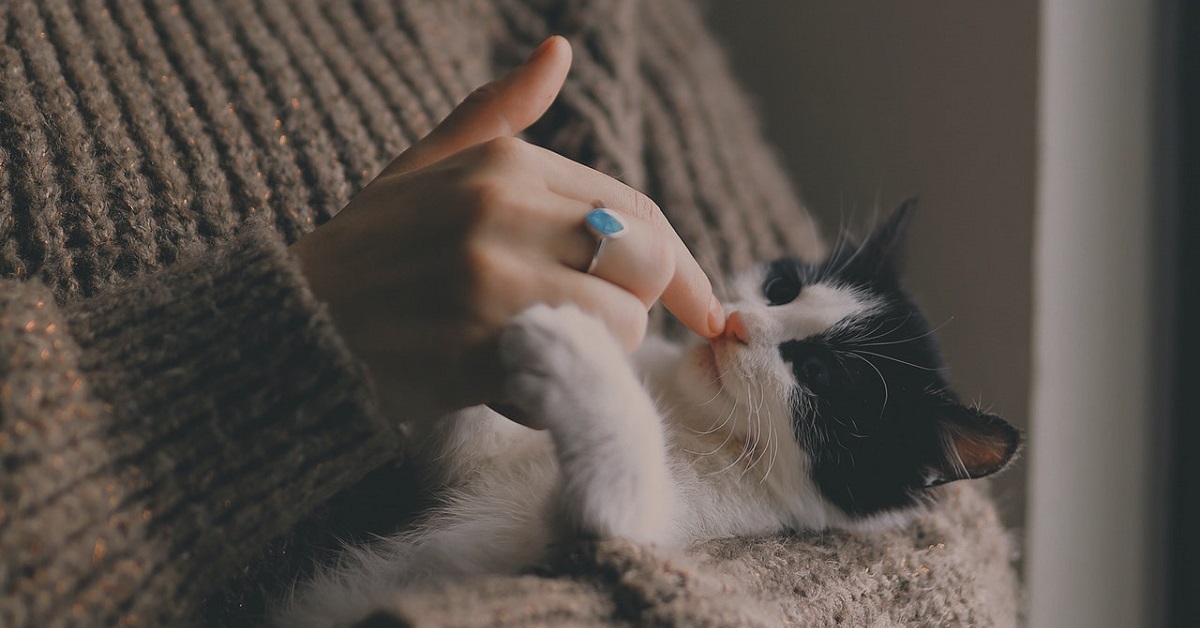
If you are considering bringing a kitten into your home, you must first ensure that you are capable of giving them adequate care and nutrition. A six-week-old kitten will want your undivided attention. Love is one of the most important things for a kitten or any pet, regardless of their age. However, when it comes to feeding, you must take extra precautions. Keep reading to find out what to feed kittens at 6 weeks old.
What to feed kittens - 6 weeks old
When a kitten reaches the fifth or sixth week of life, you should begin to introduce solid foods to them. After four weeks, they should be weaned off milk. Weaning is a gradual process. Giving kittens a mix of KMR and dry kitten food or KMR (A Milk Replacer formulated to match a mother's milk in protein, carbohydrates and fat) and wet kitten food is a good idea. As the kitten grows older, you can reduce the amount of liquid. The young kitten's stomach may be irritated by a rapid shift in nutrition.
A six-week-old kitten should be fed four to five times a day, as their stomach at this age is small and they cannot eat a large amount of food in one sitting. When purchasing kitten food for a six-week-old kitten, make sure you get kitten-specific food. Their food is marketed as "growth and reproduction" and is specially prepared for kittens.
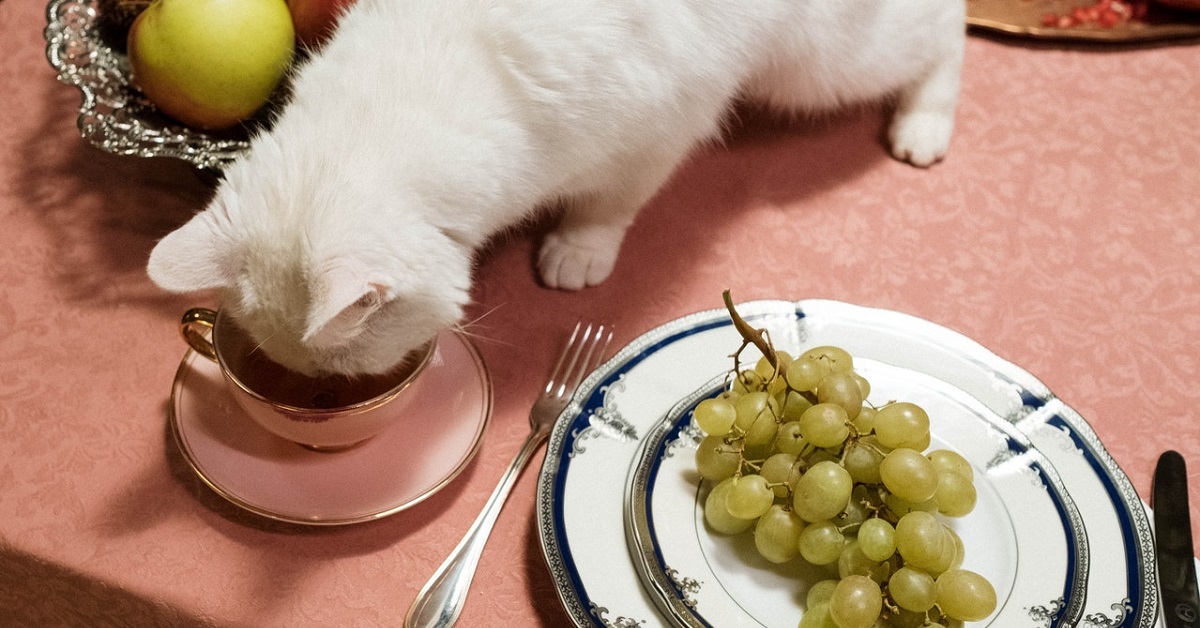
When should you feed kittens 6 weeks old?
It's time to develop a feeding schedule that works for you and your cat now that you know what to feed them and how much. Use your kitten's name when feeding them to help them remember it and to associate you with a fun activity.
Creating a schedule and feeding your kitten at the same time each day will make your kitten feel secure and will contribute to the formation of a long-lasting attachment between you and your cat. You can feed your kitten up to three times per day as long as you don't feed them more than their daily calorie requirements.
You can, for example, put dry kibble in their bowl in the morning and let them graze all day. Give half of the daily dosage in the morning and a half in the evening if a twice-a-day regimen works better.
The same goes for wet food or a mix of wet and dry food. Make sure they get all the calories they need each day by eating both wet and dry foods together.
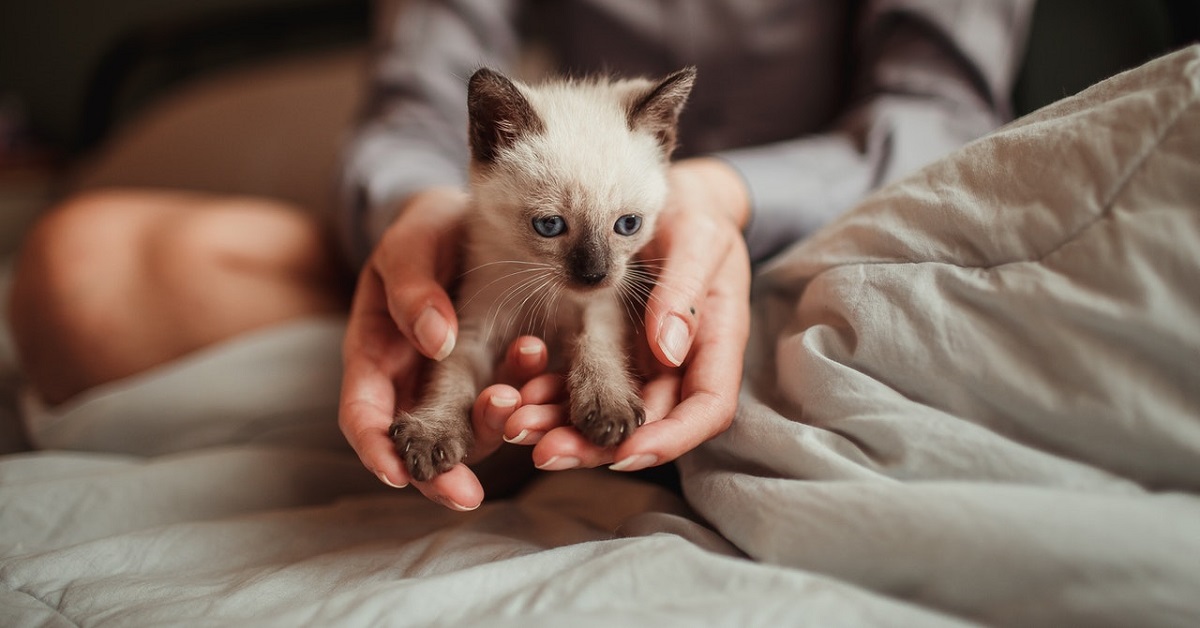
Conclusion
Your cat's nutritional requirements will fluctuate as they grow from kitten-hood through early maturity and beyond. At every stage of life, meeting those requirements sets the stage for excellent health.
One of the most crucial components of responsible pet ownership is feeding. With the acquisition of a new furry buddy, you will need to make some lifestyle modifications as well. As you are the person in charge of their care, it is your responsibility to ensure that your kitten grows up happy and healthy.
Feed your cat a complete meal that is appropriate for their life stages, such as a kitten, adult, or senior cat. The food package will specify which life stage the food is intended for. Follow the feeding directions on the food container to determine how much and how often to feed. Feeding your cat vegetarian or vegan food is not a good idea.
Below are some of the best kitten foods that we recommend:
Hills Science Plan Kitten
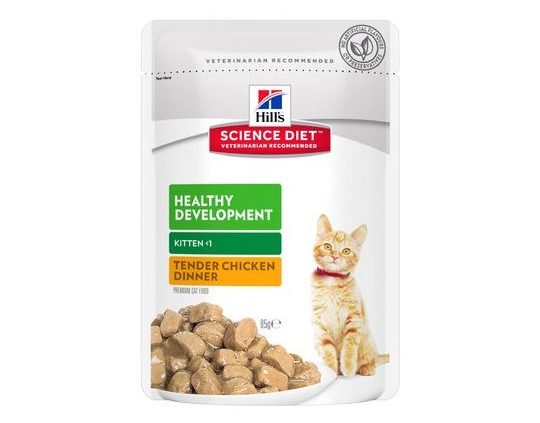
Iams Kitten & Junior Dry Food/strong>
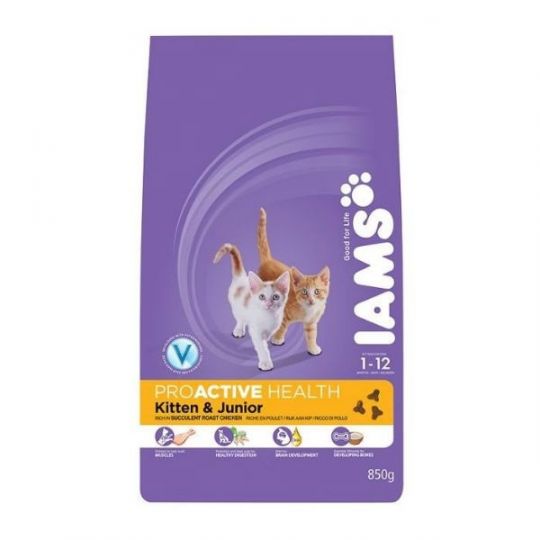
Do you own a dog? Learn more about nutritional dog food treats in our previous blog post here:
This blog post was written on behalf of Vet Pharmacy by Pharmacy Mentor.